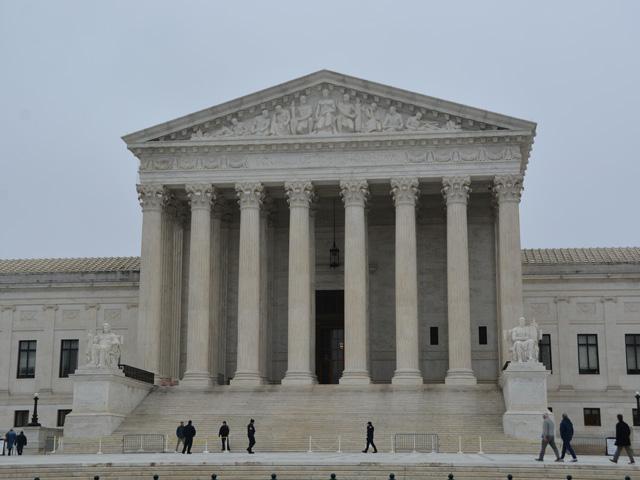An Urban's Rural View
After the Surge, an Interest Rate Plateau?
After years of nearly free money for borrowers, interest rates just shot up again. My colleague, DTN Executive Editor Marcia Taylor, has details and a good analysis of the impact on farm-mortgage rates at her Minding Ag's Business blog (http://tiny.cc/…).
The question for farmers is whether rates will continue to rise and if so, how far and how fast. The answer will depend on how fast the economy grows and the unemployment rate comes down.
Markets reacted badly to a signal Federal Reserve chairman Ben Bernanke clearly didn't mean to send at his June 19 press conference. Interest rates jumped as if the Fed had announced an imminent tightening of monetary policy. It hadn't.
Bernanke said this: IF the economy is doing as well as expected the Fed will later this year ease up on its $85 billion a month in purchases of long-term bonds. It will stop the purchases in mid-2014 IF the unemployment rate has, as the Fed expects, fallen to about 7% from 7.6% currently. It will start pushing up interest rates when joblessness has fallen to 6.5%, probably sometime in 2015.
P[L1] D[0x0] M[300x250] OOP[F] ADUNIT[] T[]
So why did the yield on 10-year Treasuries jump nearly 50 basis points, to 2.6% from 2.1%, in a matter of days? Why did stock markets across the globe tank?
Clearly they didn't like what they heard. But the Fed has been saying the same thing for some time now: At some point, "quantitative easing" (the big bond purchases) will end. Maybe markets had been hoping it would go on forever and finally realized it won't.
Some say markets don't share the Fed's optimism about the economy. That's possible; the Fed has been a tad optimistic. But it's irrelevant. Bernanke emphasized that if the economy doesn't live up the Fed's expectations, the $85 billion a month will continue.
Others say Bernanke was unclear. He wasn't. As Bloomberg's Caroline Baum noted (http://tiny.cc/…), investors on the wrong side of a trade can be a tough crowd. "Grow up, people. It's time to stop blaming Bernanke for your losses," she wrote. "Either you weren't listening or you heard only what you wanted to hear."
To help markets with their hearing, several Federal Reserve officials have made a point this week of repeating Bernanke's message. Among the bluntest was Richard Fisher, president of the Dallas Federal Reserve, who warned markets not to overreact. Fisher commands attention on this point because he has long opposed the current round of quantitative easing.
(News flash: Fisher has tentatively accepted an invitation to speak at the Ag Summit that DTN/The Progressive Farmer will host December 9-11 in Chicago. For more information on the summit and how to sign up go to http://tiny.cc/…)
Now that the stock market has rebounded for three days and the yield on ten-year treasuries has fallen a bit to 2.4%, maybe the message is sinking in. If it is, and if the economy continues down its current slow-growth path, interest rates could plateau for a considerable time before making their next big move north. Farmers and other big borrowers hope so.
urbanity@hotmail.com
(AG)
© Copyright 2013 DTN/The Progressive Farmer. All rights reserved.




Comments
To comment, please Log In or Join our Community .